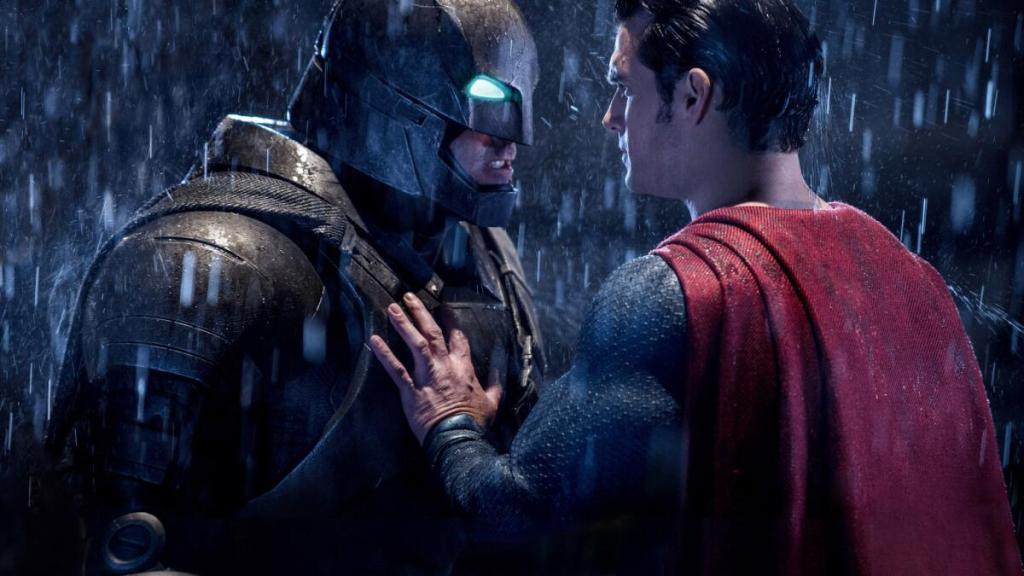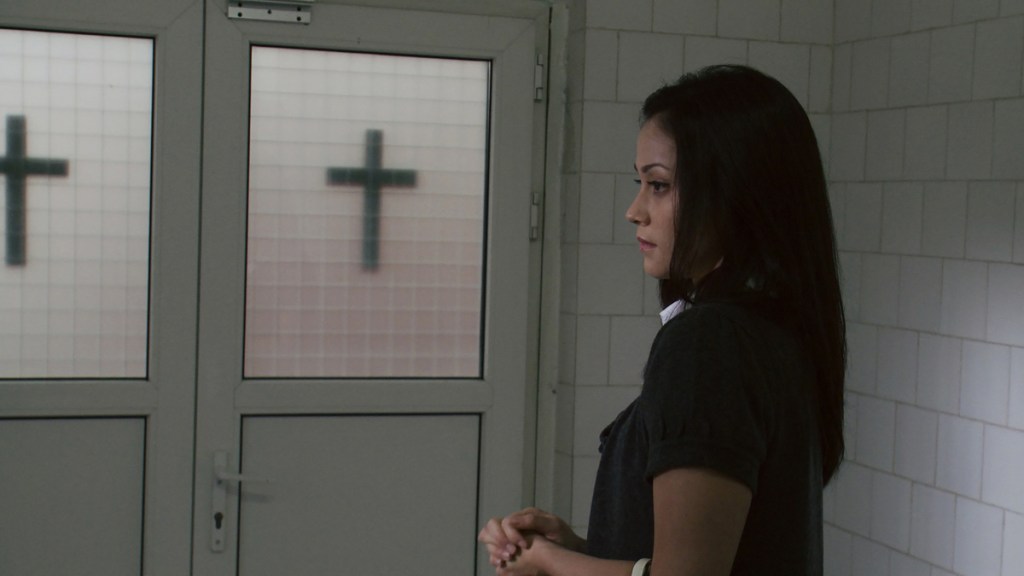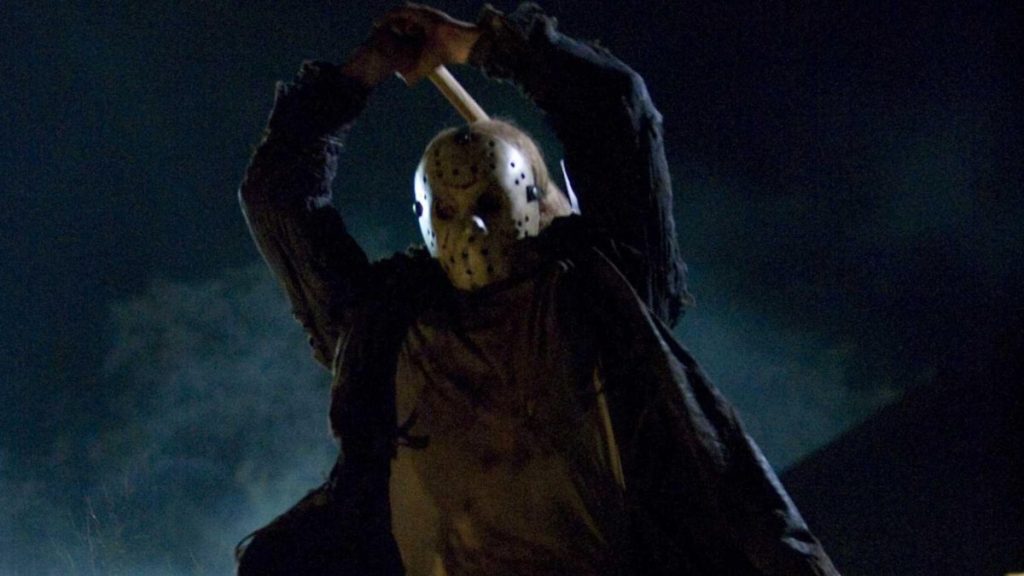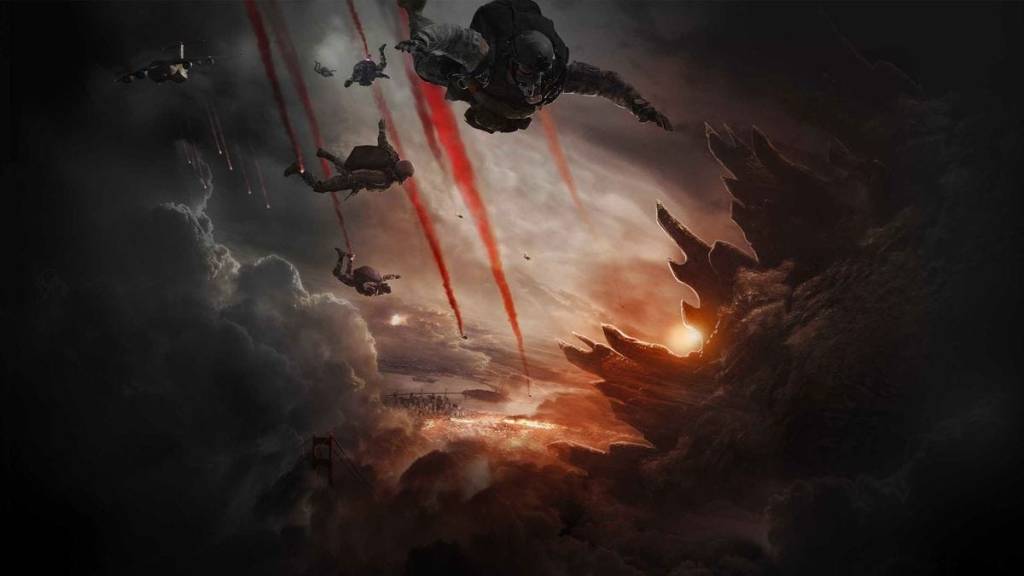These days, movies are extremely frontloaded. Back in the ’80s and ’90s, a tentpole (or even a smaller genre film) could enjoy several weeks of big-screen success; now, whether a film is deemed a success or failure seems to be determined after its first Sunday. That’s the nature of the beast because the streaming industry has become such a giant that, more often than not, those services are what people are choosing over an expensive trip to the theater. Even still, those first three (or five, for Wednesday openers) days aren’t everything. A movie can open to dropped jaws and applause, but if it plummets from that point and never recovers, those jaws aren’t going to stay dropped. Those are the movies that follow, those that opened very well but couldn’t maintain momentum.
Videos by ComicBook.com
The only exceptions were Onward, which plummeted because of the onset of the COVID-19 pandemic, and stuff like The Twilight Saga: New Moon and Harry Potter and the Deathly Hallows: Part 2, which had devoted fanbases that were fully expected to turn out their first few days. Also excluded was Valentine’s Day, which made more than half its total domestic gross throughout its first three days, but when those three days are February 12th through 14th, it would be baffling for there to be any other outcome.
Batman v Superman: Dawn of Justice

Very few films that could open to $166 million domestically and close with $330.4 million would be considered financial disappointments. Consider Zack Snyder’s Batman v Superman: Dawn of Justice the exception to the unwritten rule. And fair enough, it was the first live-action movie in history to feature both of DC’s two major A-list characters. Yet horrible reviews and toxic word of mouth from general filmgoers trumps profitability.
And Batman v Superman did actually turn a profit. $874 million worldwide against a $250 million price tag, to be exact. But that $250 million doesn’t include the film’s massive marketing push. In short, it may have made money, but not nearly as much as it was expected to (or should have). It was just too dour a theatrical experience to earn repeat business the way 2012’s The Avengers did. Watchmen and X-Men Origins: Wolverine faced similar fates, but there’s no doubt the expectations were higher for Batman v Superman than they were for those two movies.
The Devil Inside

January is known as a dumping ground for good reason. It’s when studios release the projects they pretty much know are going to generate poor reviews and at best a modest return on investment. But it can be dynamite for horror films, no matter how awful the horror film is. For instance, The Devil Inside.
On the plus side, its $33.7 million opening and $53.3 million final domestic gross were amazing returns on a $1 million investment. But there’s no doubt the many who turned out opening weekend didn’t like what they saw. Nor should they have – it’s a movie that has the audacity to end by promoting a website the viewer (a.k.a. the person who shelled out cash for a ticket) can visit, as opposed to an actual conclusion to the film.
[RELATED: 10 Obvious Movie Twists That Fooled No One]
Five Nights at Freddy’s

Five Nights at Freddy’s could be considered an iffy entry here. After all, it was simultaneously released on Peacock. But the fact remains that it couldn’t even come close to doubling its $80-million opening. On average, a movie has a final domestic haul of 2.5 to three times its opening weekend gross.
When all was said and done, Five Nights at Freddy’s netted $137.3 million domestically. Was that enough to make it a massive success on a $20-million budget? Absolutely. Is the fact that it could open to $80 million while also being on a streaming service impressive? Without a doubt. But a 1.7 multiple on an opening weekend gross is miniscule.
Friday the 13th

Compared to other genres, horror is the most frontloaded. It’s expected to be frontloaded. But Marcus Nispel’s surprisingly solid 2009 Friday the 13th reboot was extremely frontloaded. Even the following year’s borderline unwatchable A Nightmare on Elm Street remake enjoyed a far better multiple on its opening weekend haul.
To put it into context, 2010’s Nightmare on Elm Street opened to about $33 million and ended its run with $63 million domestically and a further $52.6 million from overseas markets. Friday the 13th opened higher at $40.6 million, but plummeted after day three, ultimately accumulating $65 million. It didn’t even do particularly well overseas with $26.5 million. It’s unclear why the Freddy reboot nearly doubled its opening weekend domestically while Jason only netted a 1.6 multiple. Neither film was bolstered by glowing word of mouth, but without a doubt, Freddy’s was worse. In this Freddy vs. Jason, Jason should have handily won. But like in the actual Freddy vs. Jason, it was more of a tie.
Godzilla

In hindsight, it’s pretty surprising that Gareth Edwards’ Godzilla was able to kick off the Monsterverse. 1998’s Godzilla sold a comparable number of tickets to the 2014 film and was widely deemed a failure, to the point that other movies’ advertising (e.g. Small Soldiers) made fun of it. The 2014 reboot seemed to get a pass.
This could be credited to two factors. For one, Edwards’ film received far better reviews than Roland Emmerich’s. Two, it had a terrific opening of $93 million. As time has gone on, more importance has been bestowed on opening weekend figures. Even still, with a sharp 66.8% drop on weekend two and a final domestic tally of $200.7 million, Godzilla didn’t quite pull in the numbers that give birth to a cinematic universe.
Which film’s box office drop is most surprising? Let us know in the comments below!








